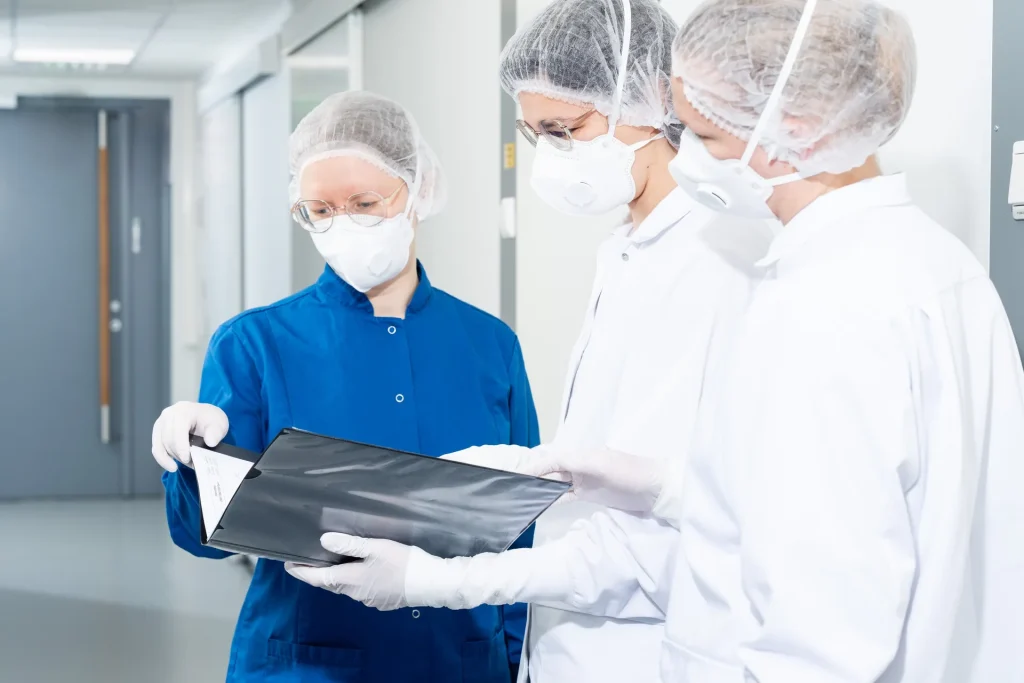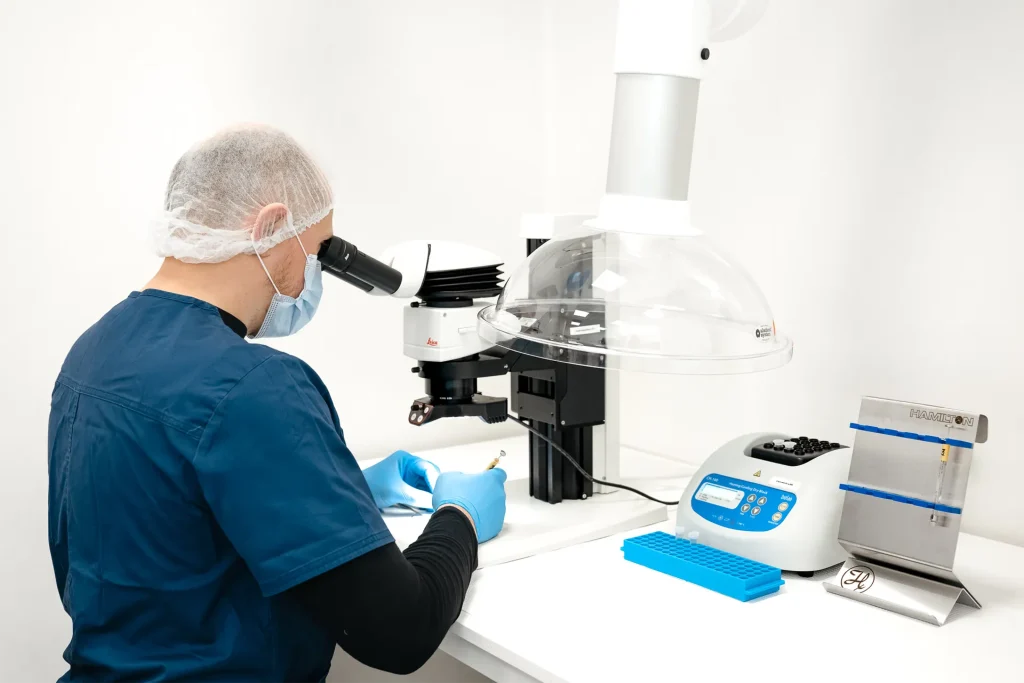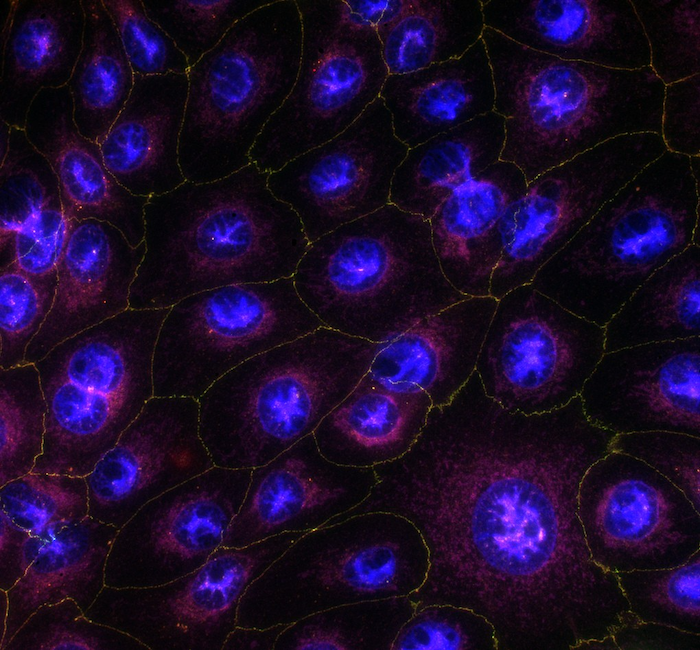Our expertise
ELISA
Enzyme-linked immunosorbent assay (ELISA) is a highly sensitive and specific technique used to detect and quantify proteins, cytokines, growth factors, and other biomarkers in ocular tissues, cells, and biofluids. This method is particularly valuable in ocular research for analyzing disease-related proteins in the aqueous humor, vitreous humor, tear film, and homogenized tissue samples from the retina, cornea, and optic nerve. ELISA enables precise measurement of inflammation, oxidative stress, angiogenesis, and neurodegeneration – key processes involved in conditions such as glaucoma, diabetic retinopathy, age-related macular degeneration (AMD), and uveitis. The technique relies on antigen-antibody interactions, where target proteins are captured and detected using enzyme-conjugated antibodies that produce a quantifiable colorimetric, chemiluminescent, or fluorescent signal. Different ELISA formats, including sandwich ELISA for high specificity, competitive ELISA for small molecule detection, and multiplex ELISA for analyzing multiple biomarkers simultaneously, allow for flexible and efficient protein quantification.
Experimentica offers ELISA services for the detection and quantification of proteins in ocular tissues and biofluids. We offer a range of ELISA formats tailored for ocular research, including sandwich ELISA for high-specificity protein detection, competitive ELISA for small molecule quantification, and multiplex ELISA for simultaneous analysis of multiple biomarkers in a single sample (Luminex based multiplex assays). These methods allow for precise measurement of inflammation, oxidative stress, and neurodegenerative processes associated with ocular disorders.
In addition to standard ELISA services, Experimentica provides custom assay development or existing assay optimizations to meet specialized research needs. We work closely with clients to design and validate tailored ELISA assays, including custom antibody pairing, assay optimization, and sensitivity enhancements for low-abundance biomarkers.
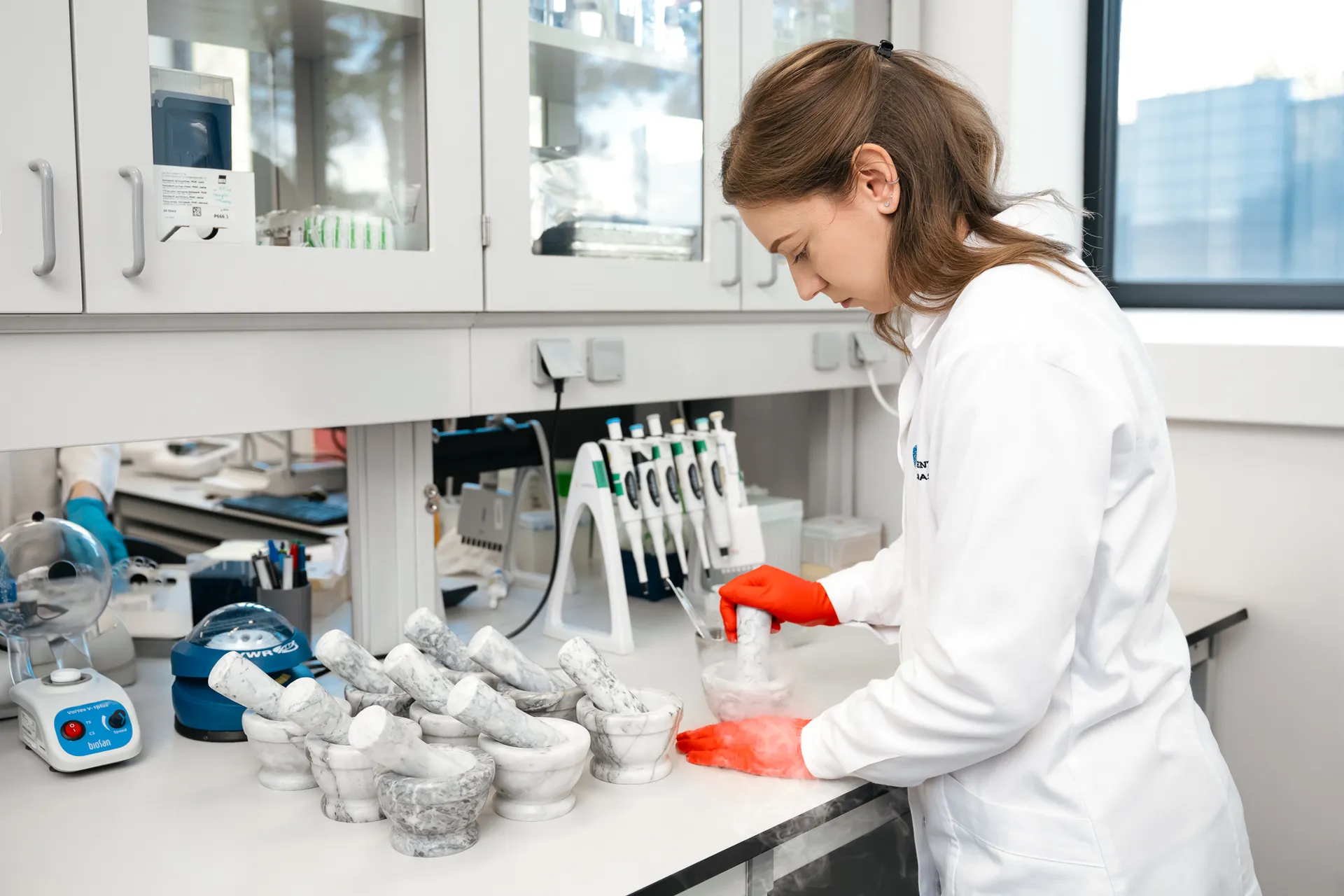
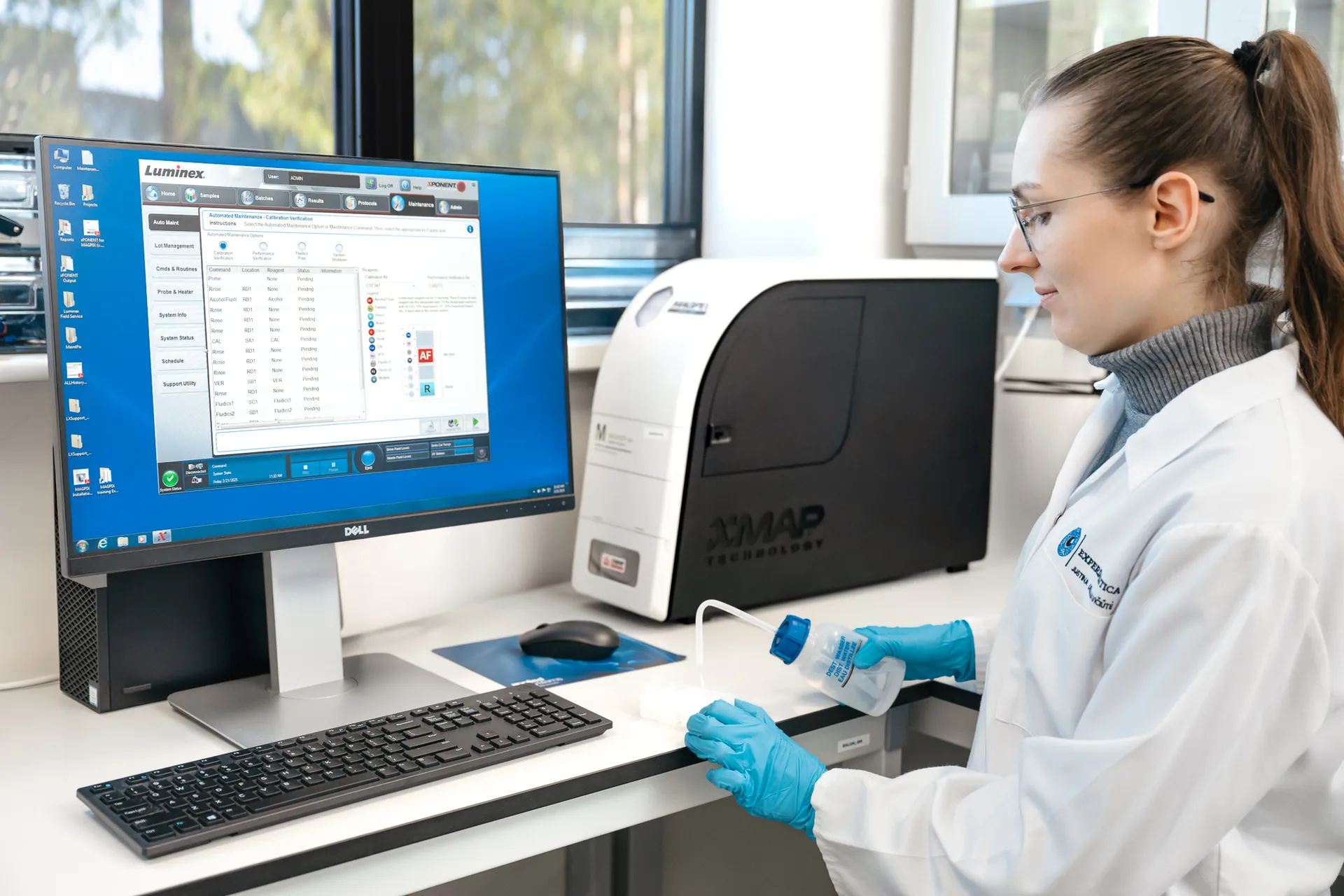
We are here to help
Whether you have a question about our preclinical models, capabilities, pricing or anything else, our team is ready to answer all your inquiries.
Related services
Laser-Induced Choroidal Neovascularization
Laser-induced CNV model mimics exudative AMD and supports evaluation of anti-angiogenic and anti-fibrotic therapies.
Learn moreDL-AAA–Induced Retinal Neovascularization and Chronic Leakage
DL-AAA-induced rabbit model enables long-term evaluation of retinal neovascularization and leakage with in vivo imaging and response to anti-VEGF therapy.
Learn moreRetinitis Pigmentosa
Retinitis pigmentosa studies at Experimentica combines genetic models with in vivo imaging and molecular analysis tools.
Learn moreCheck out our latest news and activities
All News


